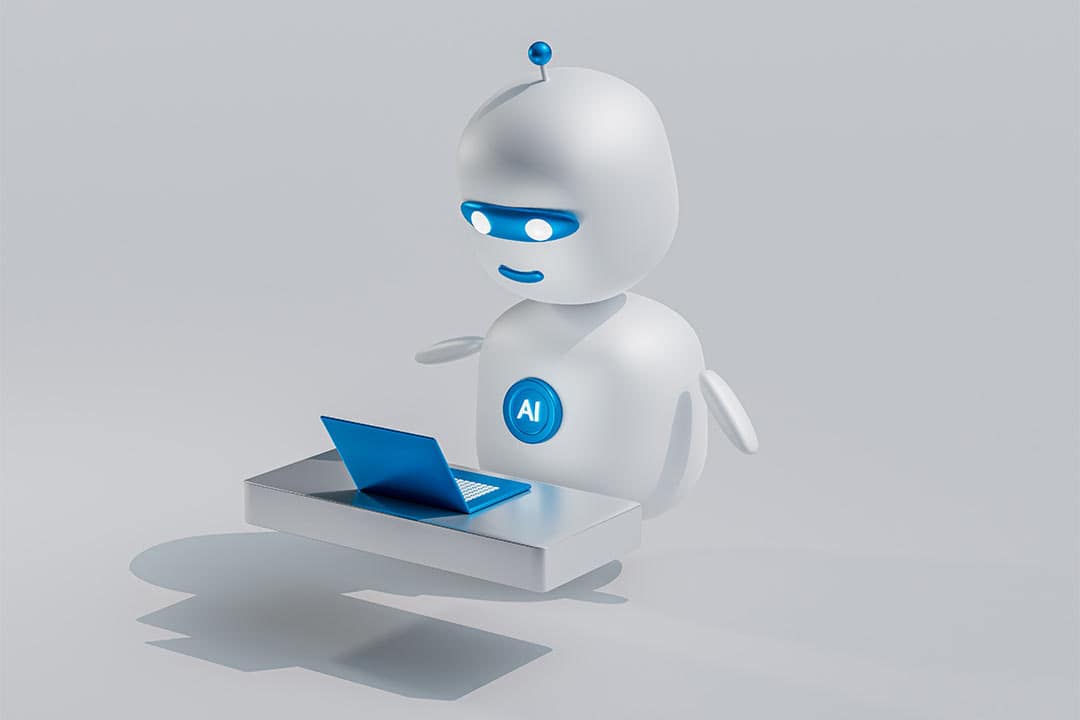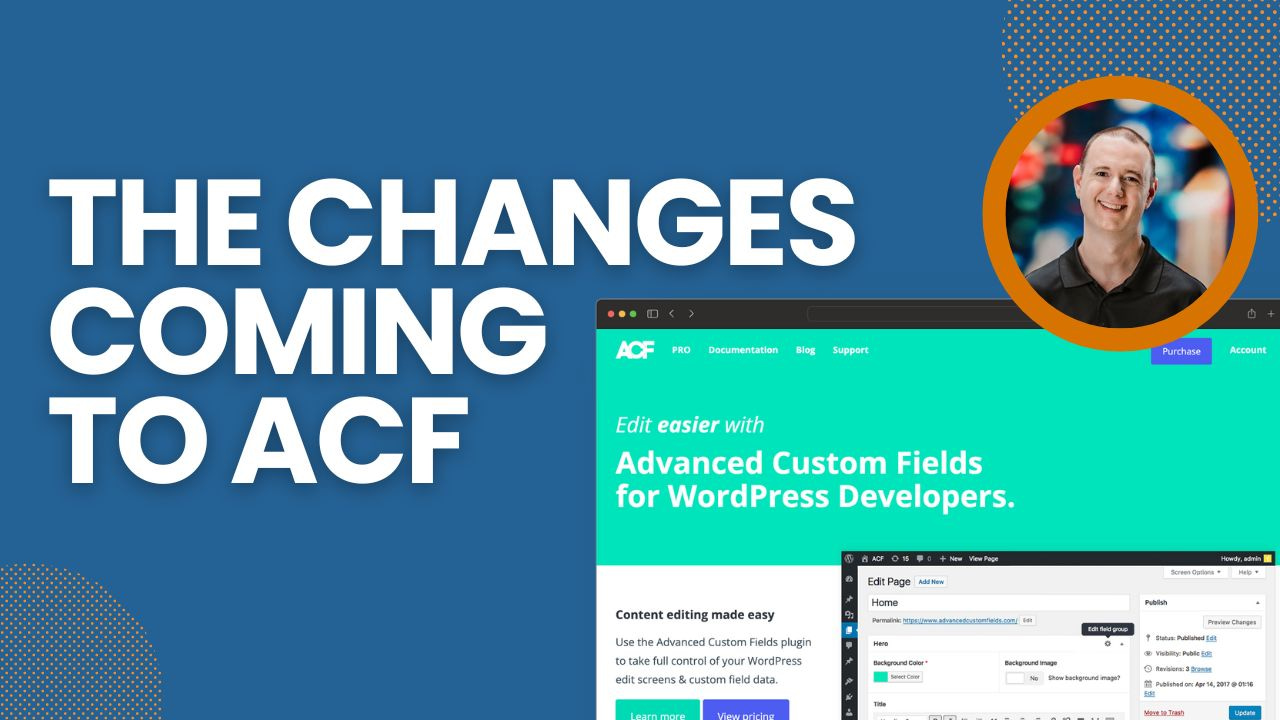Artificial Intelligence (AI) seems to be at the front of everyone’s mind. It’s hard to escape – even if you’re not a fan of the technology.
Therefore, it’s no surprise that this talk has invaded the WordPress community. Developers are already finding ways to integrate tools like ChatGPT into their plugins. And project co-founder Matt Mullenweg recently encouraged us to leverage AI in a post on the Post Status Slack channel. And an AI offering from Automattic was recently released.
Sure enough, the discussion has already begun regarding AI’s potential role in WordPress core. Early possibilities range from making it easier for developers to integrate AI to directly including a large language model (LLM) in the software.
AI has already become a part of the WordPress ecosystem. Things are moving fast. Yet there are questions about the relationship with this newfangled tech. Should it be implemented into WordPress core? And, if so, what are the guidelines?
Let’s explore what AI could mean to WordPress and its users.
The Key to Building a Better User Experience?
I’m a big proponent of onboarding. It offers a way to introduce users to an app and show them what’s possible. A successful implementation can help new users to hit the ground running.
WordPress has dabbled in this area. For instance, consider the “Welcome to the block editor” carousel that pops up the first time you access the Edit screen. It provides a few basic tips for navigating the interface.
But WordPress is much more than the block editor. And not everyone knows where to start when building a website. A more holistic approach to onboarding makes sense. And AI may be the secret sauce in making it work.
Imagine writing a prompt that describes the type of site you want to build. Theoretically, a WordPress LLM could provide answers based on that input. It might offer advice, links to relevant documentation, and change site settings.
AI could also assist with searching for themes, plugins, and developer docs. It might provide context when one of those critical site errors occurs. The experimental Command Center that’s included with the Gutenberg plugin might be the perfect home for this functionality.
Perhaps WordPress wouldn’t do everything for us. But it would help to put us on the right path.
The Need for Steady Guide Rails
AI has the potential to benefit WordPress. But any implementation comes with its fair share of concerns.
As we’ve seen with ChatGPT and Google’s Bard, there is plenty of room for misuse. Such tools could be used to spread misinformation, write malicious code, or violate copyright laws. And we are just scratching the surface.
If AI is to be used by WordPress core, safeguards must be put into place. That may mean using the technology in a very limited fashion to start.
One could envision using AI for all kinds of interesting tasks within WordPress. Generating custom blocks on the fly, for instance. It might even prevent malware infections by analyzing code in real time.
When it comes to the core software, that sort of advanced functionality should be reserved for the future. Stakeholders need time to gauge how AI is being used and (inevitably) abused.
In the meantime, it’s worth proceeding with caution. A rush to become the market leader in this area is too risky.
Website Owners Should Have Options
Many new WordPress features are enabled by default. To opt out of a feature, you typically add a line or two of code to the site’s wp-config.php file.
It’s understandable why project leadership would choose this path. They want everyone to use the latest and greatest that the software has to offer.
But the use of AI should be treated differently. It’s a polarizing issue in our society. Thus, forcing everyone to use it out of the box may lead to significant pushback.
Besides, much would depend on the specific tasks that AI is powering. It may not benefit everyone equally. Consider the user onboarding example above. This probably wouldn’t help existing sites very much.
I believe it’s sensible to make this an opt-in feature. That would allow the more adventurous among us the opportunity to use AI on our installs. Everyone else can keep their website as-is.
WordPress Needs To Get AI Right
AI continues to infiltrate the mainstream. As such, users will begin to expect the types of functionalities this technology offers. The WordPress project would be smart to get on board. Being left behind isn’t a good option.
However, any AI features that come to WordPress core must be carefully considered. We should feel free to envision the benefits. But we should also weigh them against the potential drawbacks.
It’s just as (if not more) important to consider what might go wrong. Leadership should think of the worst-case scenario – then work toward mitigating the risk.
I’m not talking about any doomsday scenarios here. But I think that a major misstep could be costly in terms of users and reputation.
With that in mind, a slow and steady approach is best. Bring on the future – but not too quickly.
Join The Newsletter
Get your favorite 5 minutes of WordPress news for busy professionals every week — 100% Free! Join the WP Minute Newsletter below 👇









